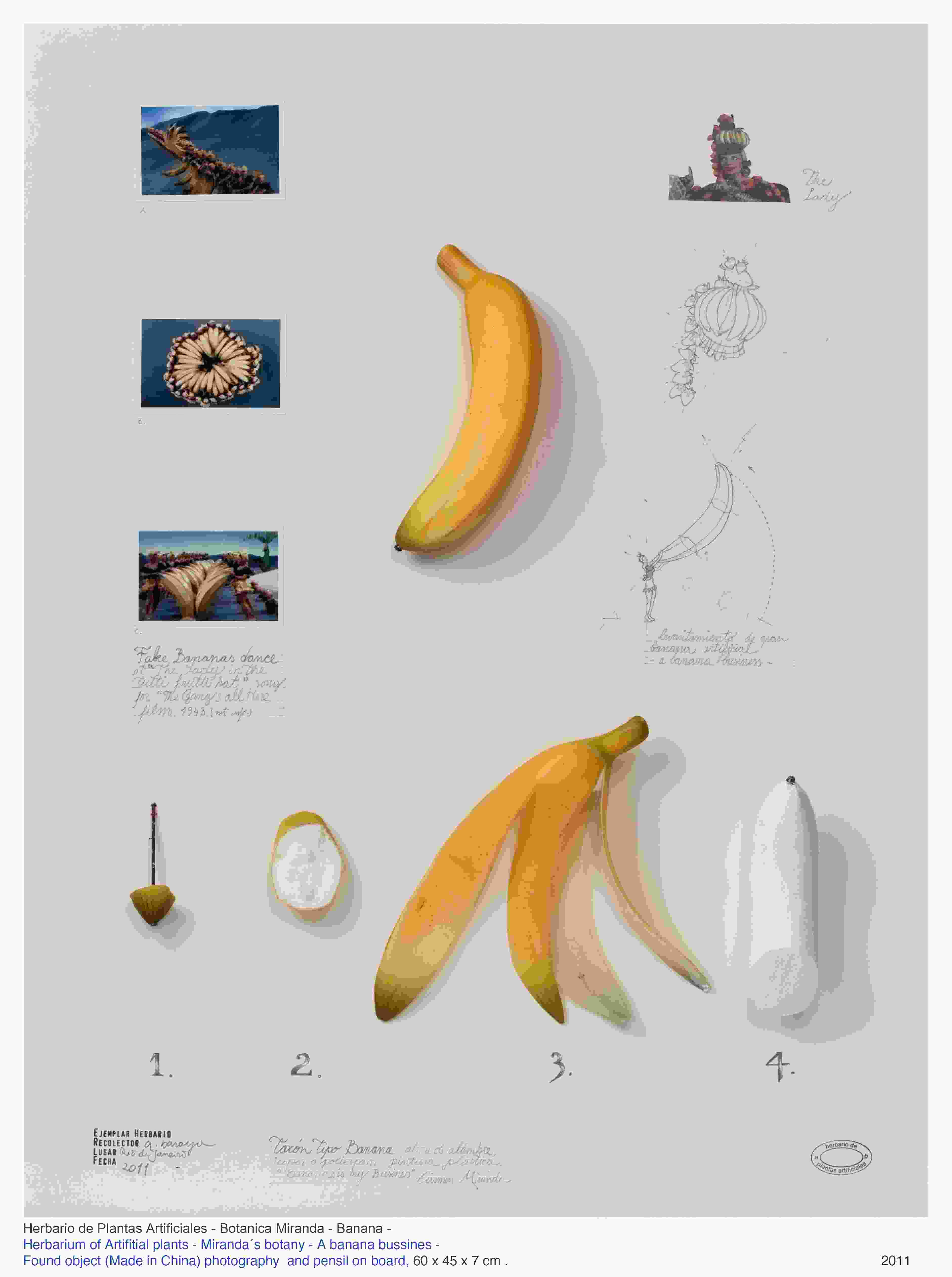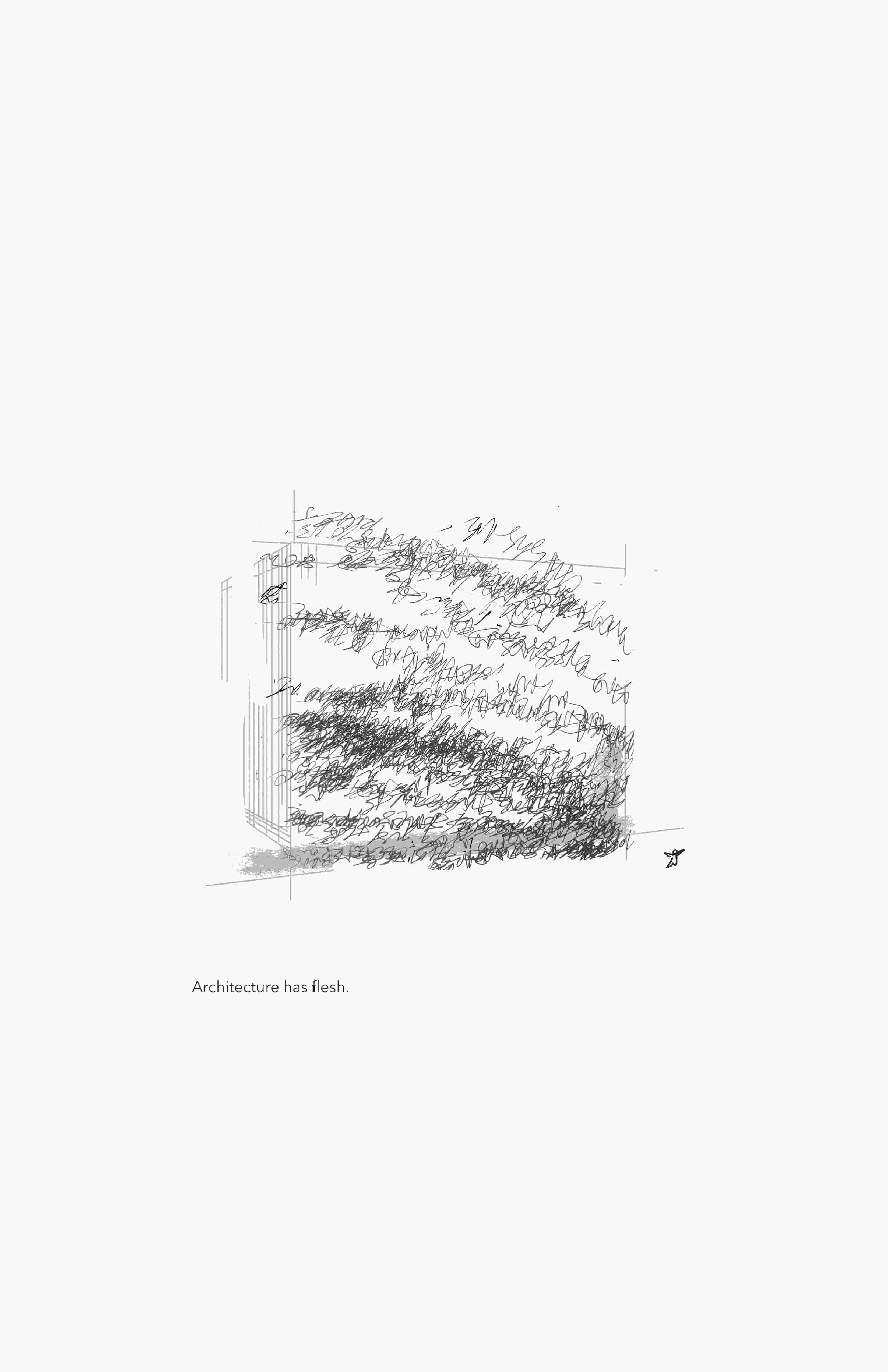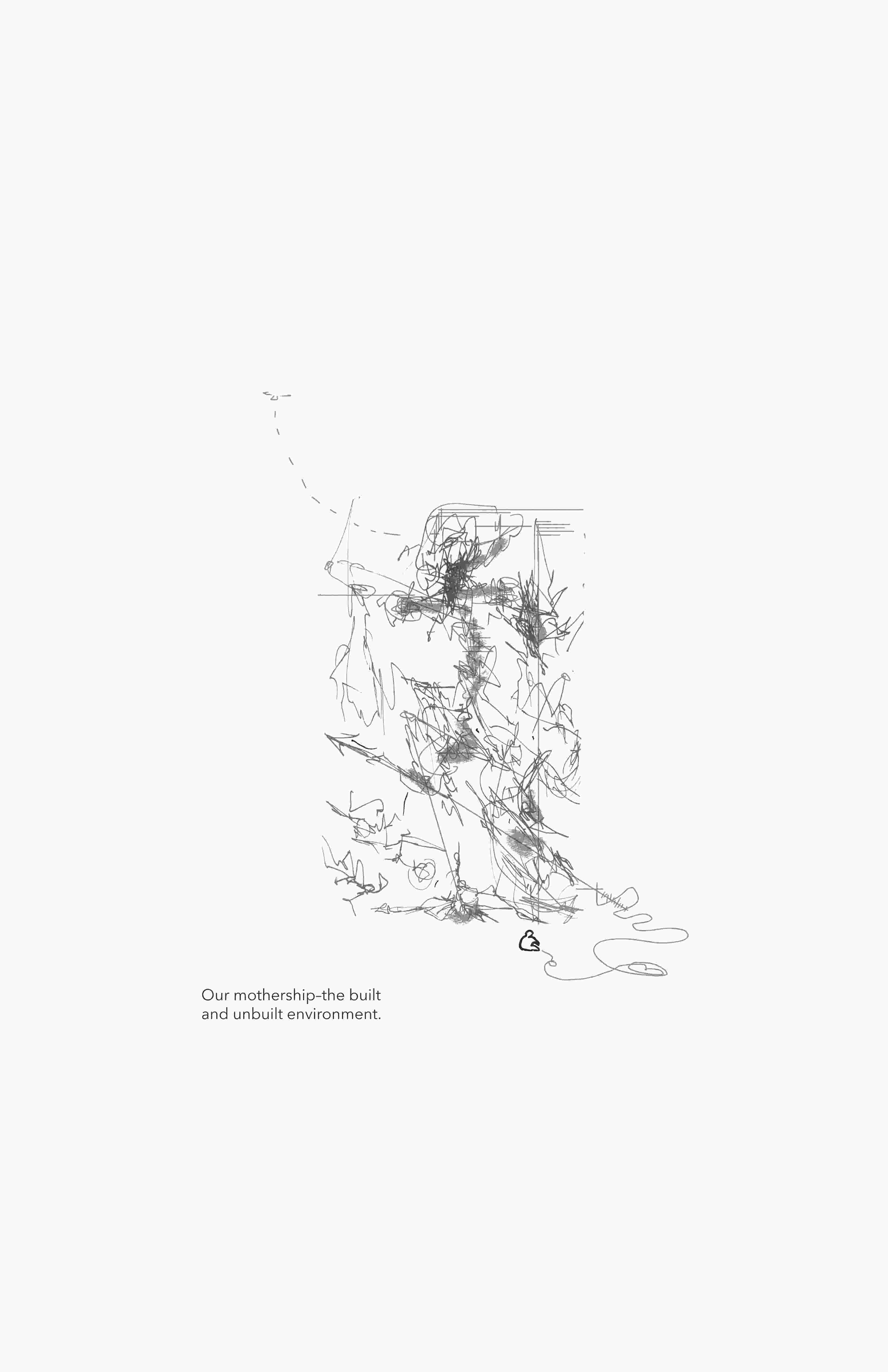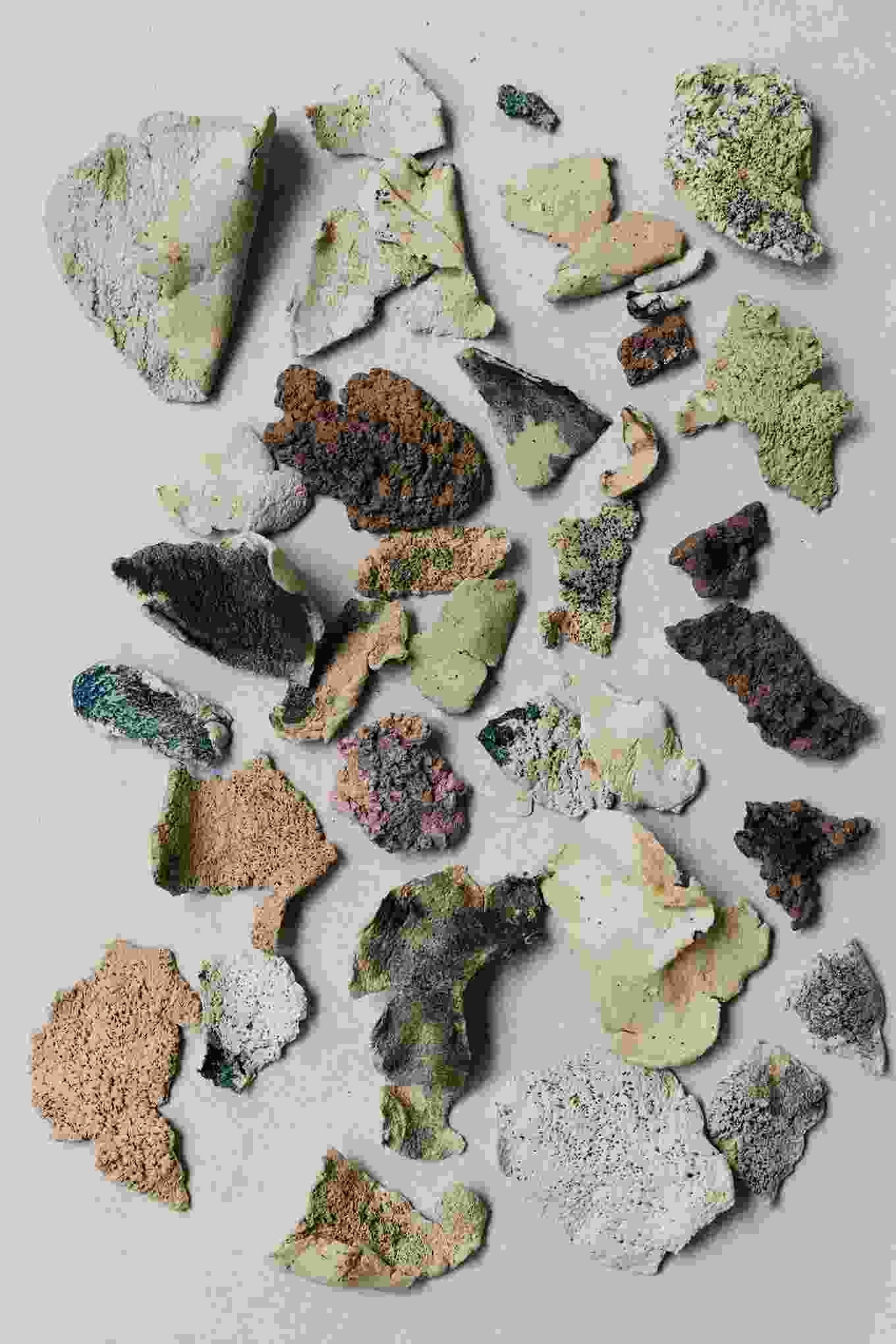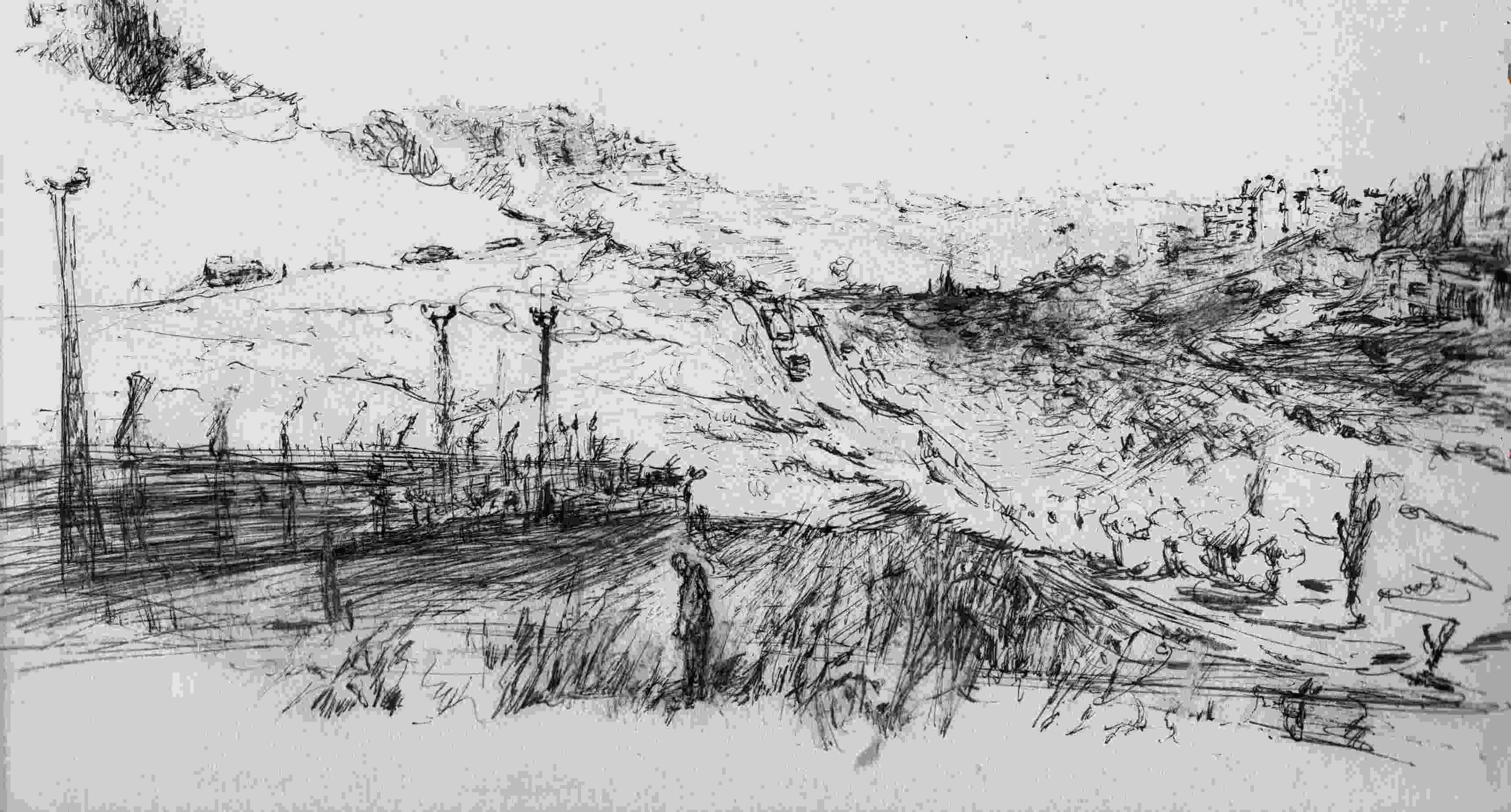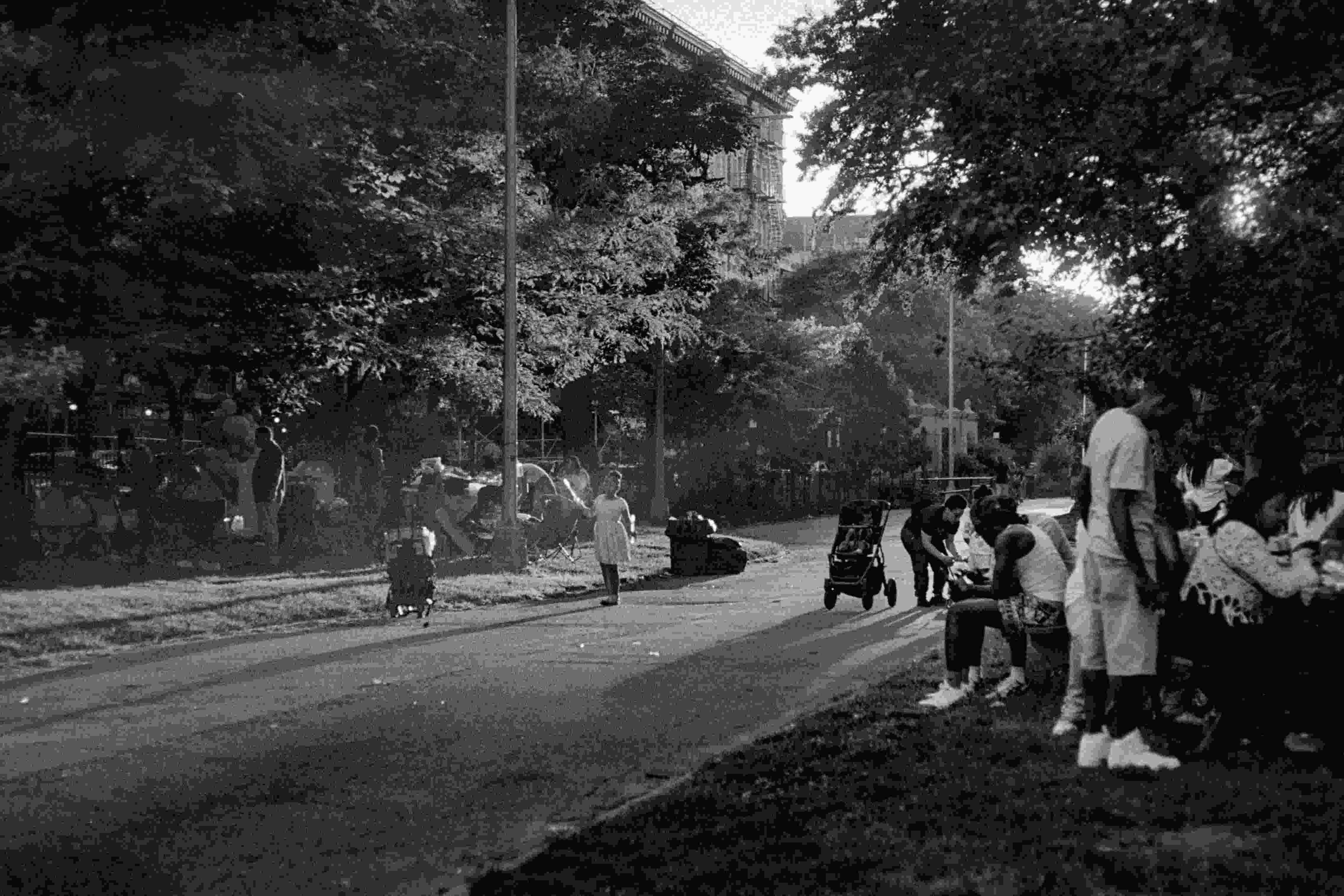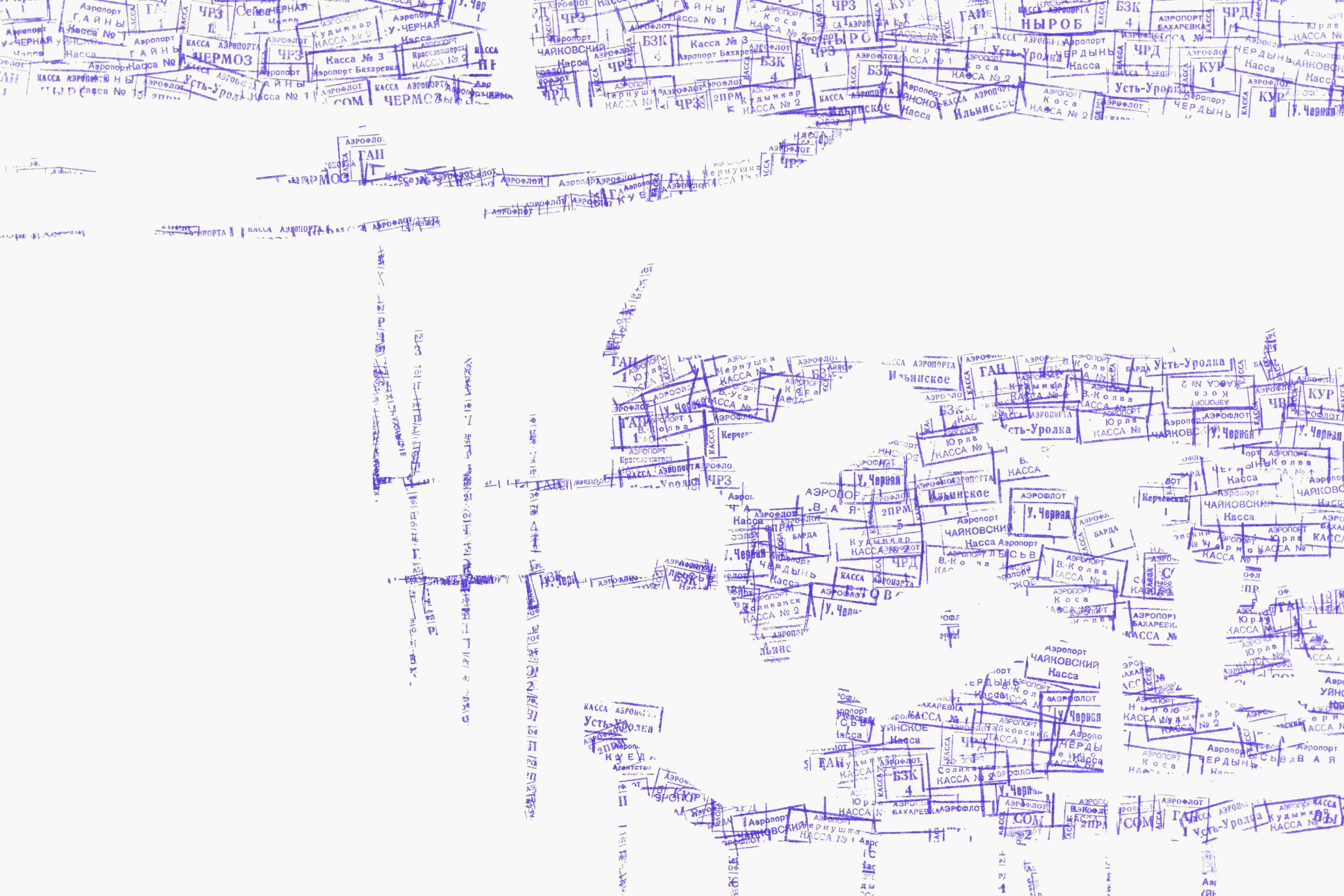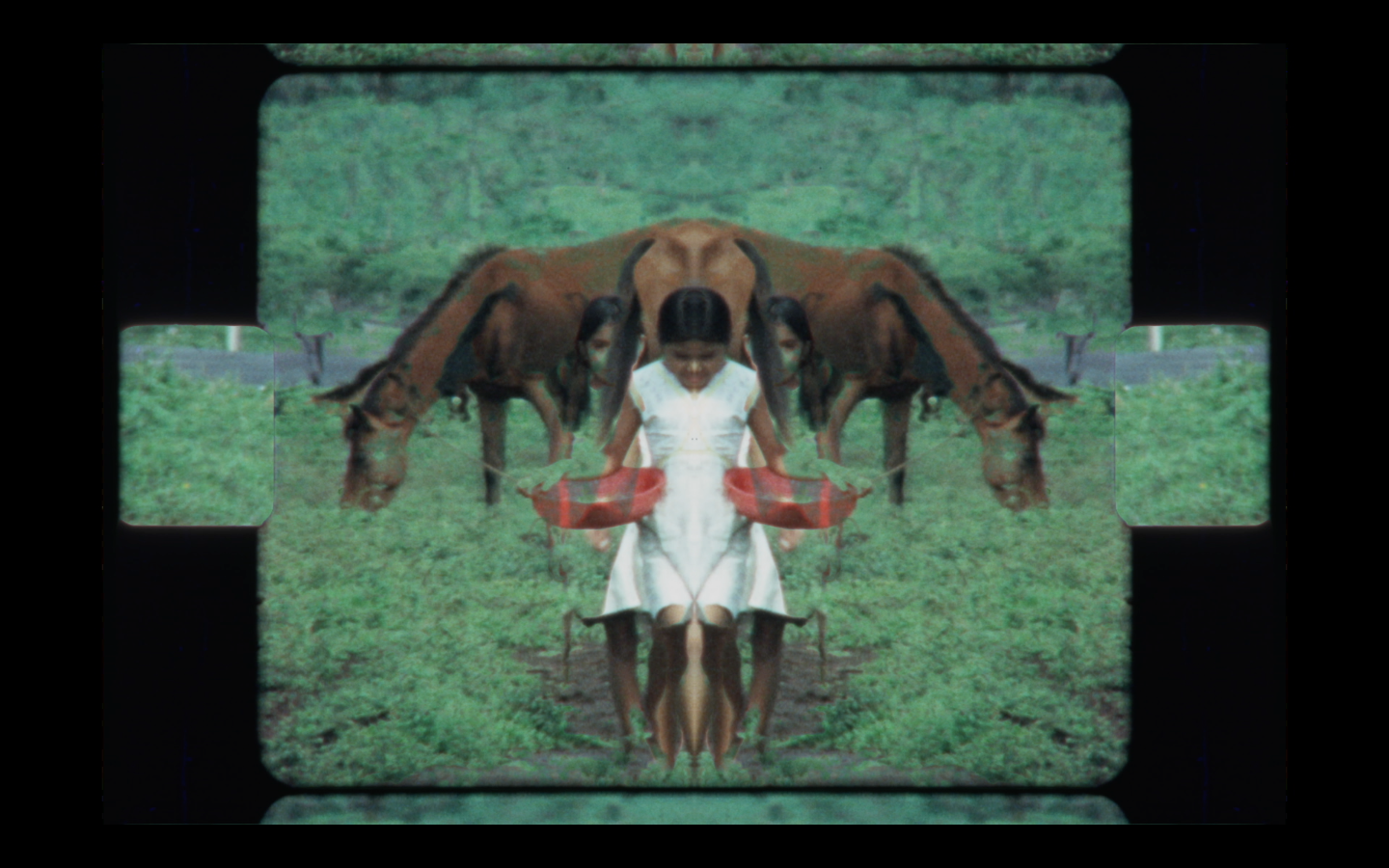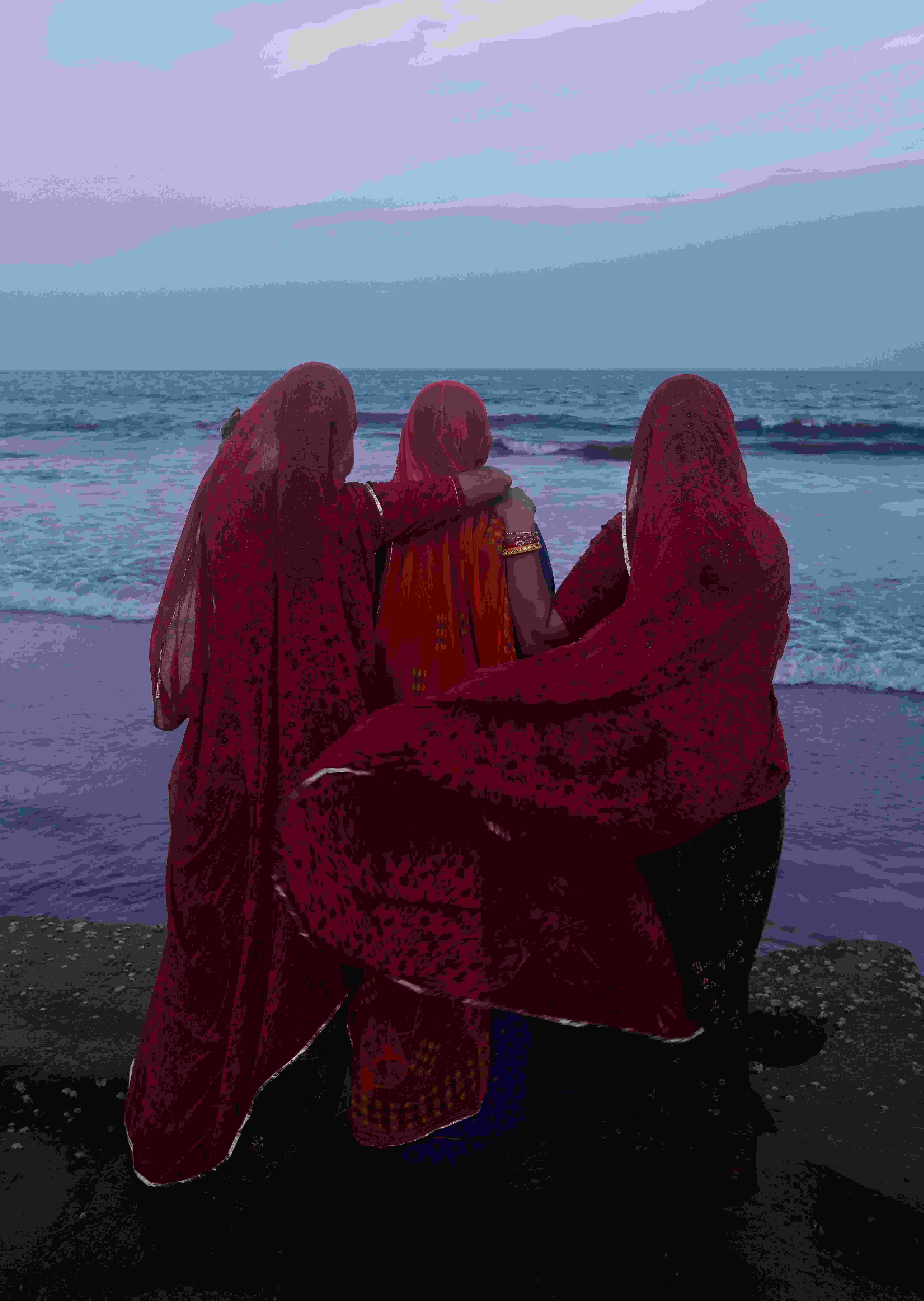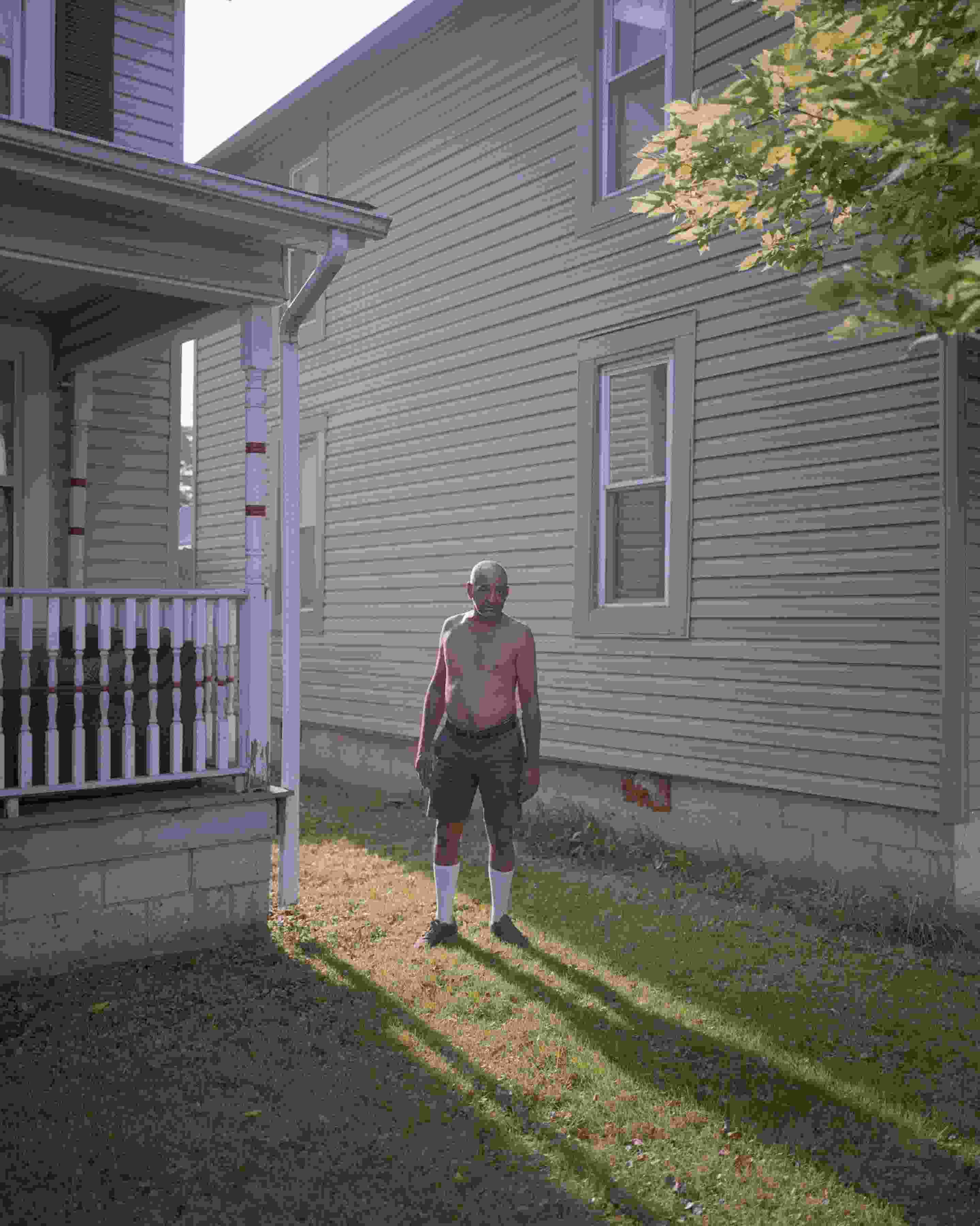Fall 2024 - Land Issue - The Harvard Advocate
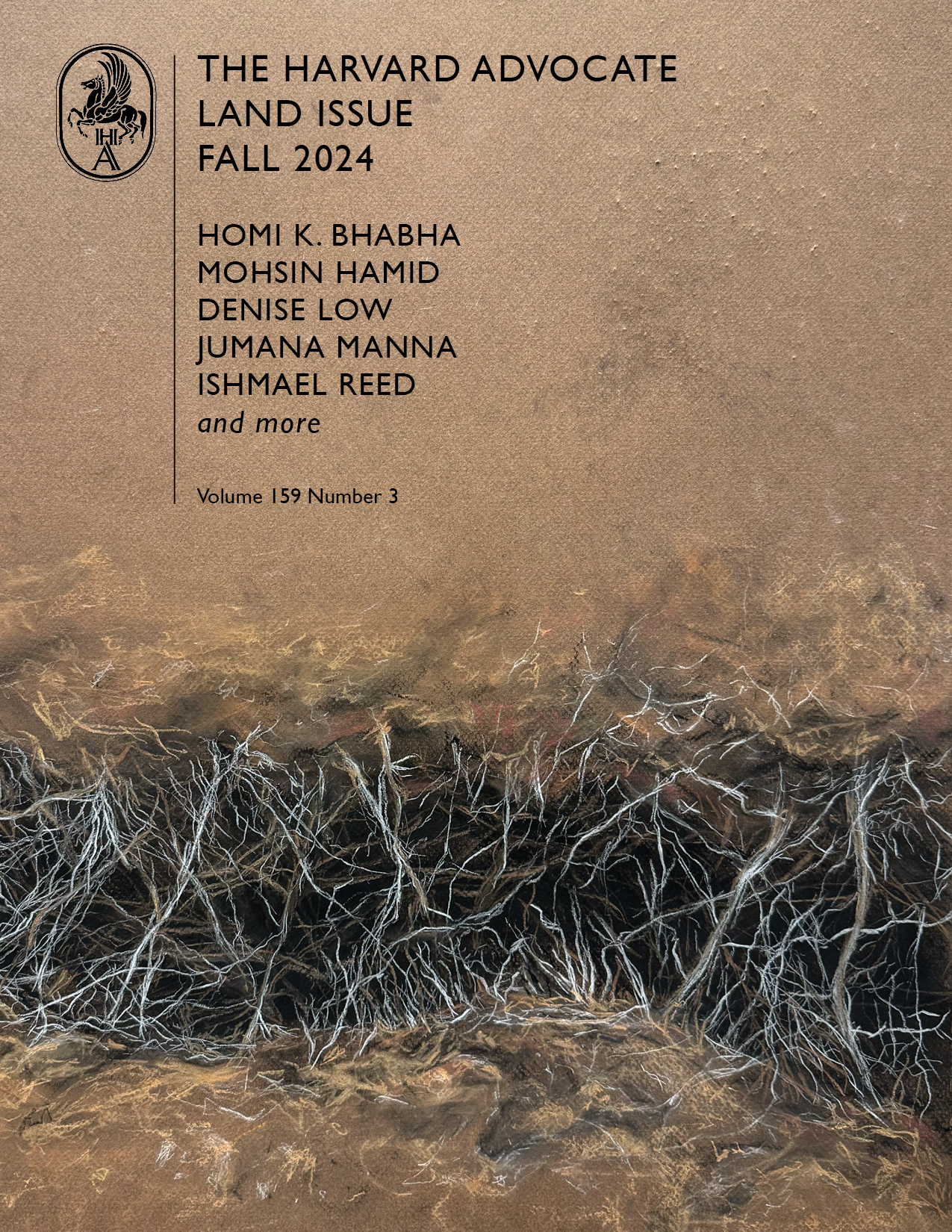
Features • Fall 2024 - Land
ROMANCE, PART ONE
Before he died, the first prime minister of India, Jawaharlal Nehru, complained of back pain. A pain, he expressed, that began at the base of his spine and bloomed outwards, a pain ancient and vestigial. He held the interlocking bones in his back desperately, as if his hands were the last thing holding himself up. He expressed the pain to his valet, who went to call a doctor. No sooner than the doctor was summoned, the Architect of India collapsed. It was six thirty in the morning.
Features • Fall 2024 - Land
Features • Fall 2024 - Land
Fredric Jameson passed away at the age of 90 on September 22, 2024. Renowned as the Knut Schmidt Nielsen Distinguished Professor of Comparative Literature at Duke, Jameson was a profoundly influential figure in Marxist literary criticism. Jameson studied continental philosophy under Erich Auerbach and Paul de Man when the winds of Anglophone academia were still blowing west, and produced a body of culture criticism in the Western Marxist tradition that would culminate in The Political Unconscious, published in 1981. His next major work Postmodernism, or, the Cultural Logic of Late Capitalism has become even more salient to our present day understanding of the commodification of time, space, and culture. Jameson was an ambitious and prolific critic: his analysis spanned the gamut from architecture to film to novels, and even in his final year he published three books, Mimesis, Expression, Construction; Inventions of a Present; and The Years of Theory.
Features • Fall 2024 - Land
They were S—— L., L—— C., C—— A., and M—— G.; a political divorceé, a post-collegiate backpacker, a collegiate backpacker, and an affluent nonagenarian. From Chicago we had climbed up the steps into the first-class sleeper car together, but we would only really meet, beyond the faintest friendly glance, on the second day, and the cross-continental trip would have time to spare. Through the narrow hallway-space, our personal attendant escorted me, then L——, then S——, then C—— and L—— (they shared a room) into our roomettes: padded facing seats, soft Union blue, white cushions, a fold-down bed, clothes-hangers, curtains, and a door.
Fiction • Fall 2024 - Land
saturday morning i wake in county jail w/ profound sense having been victim of a ferocious injustice. body cam footage soon reveals said sense was misplaced; for future reference, 9 Long Island iced teas too many on new meds. long story short: got in verbal fight w/ bartender bc he wouldn’t play new Kanye album; he told me to leave; i refused to do so; argument escalated; police came; detained me; put me in squad car wherein i told Hinge date i loved her. i (White) then accused officer (also White) of being racist (likely statistically true tho not applicable to situation). in the end got booked for drunk & disorderly + trespass & forced to stay in jail over weekend bc i told arresting officers that the second they let me go i would swim to Mexico & they would never see me again, ie intent to flee. today (monday) see judge who gives me $1000 bond & sets next court date for thursday
Fiction • Fall 2024 - Land
The Terribles include 3 novels published since 1982, and gumbos two genres: The Christmas novel and The Washington novel. In The Terrible Twos, Dean Clift, a former model, ascends to the presidency after the death of his predecessor. Manipulated by the rich, he starts on the right but changes his politics after the First Lady's death and a visit from Saint Nicholas during “a dark night of the soul.” His enemies invoke the 25th amendment, which removes Clift from office after he makes a bizarre television appearance where he describes the visit and recites the Bill of Rights, which for his enemies is a communist doctrine. After his ouster, Jesse Hatch ascends to the presidency, but the power behind the throne is Rev. Clement-Jones, the most powerful man in the government because he knows Jesse Hatch’s secret and is blackmailing Hatch. Clement’s only threat is the head of the Sons of Odin, a white nationalist group that worships Norse Gods. Their candidate is Termite Control, a necrophiliac, who has suffered from Cotard’s syndrome since childhood. The Sons of Odin’s only reason for running for political office is to raise money for the group by selling Termite Control spray cans signed by Termite, his nickname taken from General Westmoreland’s description of the Vietnamese as “termites,” for $1000 each, but a scandal hits the Hatch administration and Termite’s numbers rise in the polls. He becomes a serious candidate, which requires a change in his image.
Fiction • Fall 2024 - Land
Her face gleams golden in the approaching car lights. She floats – round, distended, her womb cuddling the child orange inside her. Heavy with the earthy sap she nursed, she tugs at the umbilical cord tying her to the sagging branch. Toes clawed deep into the Earth, hair brushing the sky with hues of the sun and the moon, her mother tree feeds her all the riches that Nature freely gives.
Fiction • Fall 2024 - Land
Flash of white and gray. Footfalls swift on the concrete. On Andrés Bello, you see him for a second on the other side of the Mapocho, its current pulsing weakly onto the cobbled walls with their painted red symbols. You see him for a second before he’s off. He takes the alleyway, dodging the morning’s black puddles that line the street, four, five blocks off the main road now, quick paws shuttering along the one-floor meat shops and Dr. Simi’s pharmacy, the gated gray-dust apartments, and the sleeping nightclubs of Providencia. Past the supermarket swollen with pedestrians, past the metal cars paused in traffic, past the bewildered tourists looking on—he’s more local than you are, and prideful about it. Follow west to see where he leads. With him, you are nobody: a light, freeing feeling. See how he sees, the towering naked trees, leaves and plastic cups soaking the sidewalk, sun cracking open every dark, dank corner of the city. How he eats, now tunneling into a sidestreet dumpster, the smell of leftovers mingling onto the open road.
Poetry • Fall 2024 - Land
Just when I think yellow won’t happen again,
the water gets still enough to hold the sun.
I am reckless enough to believe the world
welcomes me. Just when I think lavender
is over, the meadow wakes up, the butterfly
appears, the sun sets once again. I never
meant to want too much from love, but
the claws of tulips raged through our garden,
and I knew to run west, where horse apples
punctuate the trails and prickly pear asterisks
the edges—a warning not to stray.
Poetry • Fall 2024 - Land
When I was small, a gopher came to make holes in the yard.
It needed a home, chose the one Daddy had found for us,
A rental with siding of sandpaper slate. The wooden floors
Were food for termites. Hornets ripened in the garage.
Daddy looked at the holes and quietly began,
Pieced together the shotgun I had never known.
He had conjured it for this moment. A serious smell,
Oil and cold metal. The parts clicked and snapped together.
Mother and I watched from the den window.
Her hand on my shoulder. Daddy flooded the holes
With the garden hose. Raised the gun slowly
In the humming pecan and persimmon shade.
When the dark head appeared, the gun blasted
In Daddy’s hands, was broken back into pieces,
Returned to the deep closet. Don’t even touch it,
I was told. I never did.
Poetry • Fall 2024 - Land
No rocks rubbing each other
sparking blue-bolt flashes—
so-called earth lightning—
like struck flintstone igniting
quick fire. No disaster film—
cars tossed off roads like ants
shaken from a picnic blanket. Just
flickers when matter flipflops
capsizing earth. Then it’s over
like Perseid shooting stars
like flutter path of moths
like a phone call about death.
I try to -describe the moment when
books shuffled among themselves
but the house did not collapse.
Poetry • Fall 2024 - Land
let me pre-empt this and say the warmest parts of my body are the color of the land.
i smell like the soil—rich and rain-soaked, heavy like the dirt in the delta lands.
they ask often where i’m from. i begin the tale thigh-deep in the ocean, begin the tale
in the deltas, on the ships. they ask, isn’t this a story about the land?
what do you want from me? who i am is an exercise in recitation, continuous, unending
and i don’t know the answer. they simplify—your people, they come from what land?
i ask my mother who we are, she counts me back six generations, locates the grit of soil
on the hands of her grandmothers. says: before anything, after anything, we are of the land.
are we? what land and where? i have tried to find the burying place of my people,
but the trail has gone cold. i ask my mother, she says: we who are claimed by the land.
i say, whose land? how claimed? sure, i know the suturing of our feet to the nation but,
i don’t want to name another’s inheritance. i say i do not want to covet stolen land.
my mother, she says: you misunderstand. close your eyes. smell it. red like rust. excess
of iron. dusty dry. we, claimless, our bodies springing up like rice from the lands
which named us. do you see? our people, a movable type, picked up and
deposited. picking up and depositing. the pollinating kind. a kaleidoscope of the lands
which birthed us. place your candles there. where? my mother, she looks,
finds a place where the soil is warm and carves a dish, a cradle in the land.
so you see, i answer your question: i begin hip-deep in the ocean. then i, carrying the
name of farmers, place my hands so deep in the dirt i touch the heart of the land.
Poetry • Fall 2024 - Land
Choose three things and my first choice would be a gun.
Because that’s one less wound, one less weapon lying around
the place from which I was plucked, as if this casual question-
game could thought-experiment its way out of want for violence.
In this scenario, the expectation would be to hunt, to find
some careless creature and carry on by way of necessity,
as if taking a life was the only way to continue within one.
If I chose gardening gloves next and my favorite painting
of the sky, would you call me out for cheating, for being
too close to home? Because reality relies on perspective:
the sky looks different at different times of day,
but so can a painting: blues kind of brown, kind of gray,
colors tossing themselves atop sea-soft sheets of high tide.
Each morning, a new gun makes its way to shore.
Night-waves ferry them inland like recurring dreams
of exit signs. Chekhov taught us what to expect
and statistics confirm it over and over again—
that hunger never quits. In other words, forget the gun.
Maybe my first choice will be a basket. I’ll search for berries
and pray their juices look enough like blood when
the others come. It is fresh land after all. And men, I know,
are always looking for new things to destroy.
Poetry • Fall 2024 - Land
So we fled the city like whooping cranes. With two pens, I built
cabins. Your laugh erected the foundations. A nearby trickle
of water sounded like money. We lived in lakes. We sunk wet,
muddy toes into the toothless dirt. The heavens closed
their eyes and would not open. White dwarfs, bulging, throats
whooping with laughter. I write outwards, in the muddy margins
of my life. The pines were our pillows; the rain a runny nose. You
wrinkled your face. I love you; I am a thickly-walled house. We swam
at night with our big muscles, pulling spoonfuls of oozing water, blue, abashed. The forest loves to be alone— it builds itself a cabin
of white space with wide margins. Here, you say, are my thoughts. They
drop like mussels from shells to silver spoons. We are out of the city. The city
of money, out of money, I am out alone in the white forest, abashed. I have nothing
but callouses, writing my life like Lincoln Logs lain atop another wooden
body. The fog thickens. Crickets. All things drowning, swimming in
debt. We are deep, deep in the lake.
Poetry • Fall 2024 - Land
1.
When rain stops
I find mushrooms
arranged in a ring.
The dead below us
raise open hands
in an alleluia dance.
Their white-nailed
fingers pierce dank
rotted leaves.
Each winter more friends
join mushroom spirals
of slow dancers.
As a frost moon rises
their circles festoon
even the distant hills.
2.
She said a few hours before death
You will write about this, won’t you.
Not a question.
3. Native Beliefs
When a good person dies
rains come to wash away
fingerprints and footprints.
Sorrows of this life fade.
When a good person dies
mist weeps from the sky.
Sparrows watch mourners
gather to sing and pray
when a good person dies.

